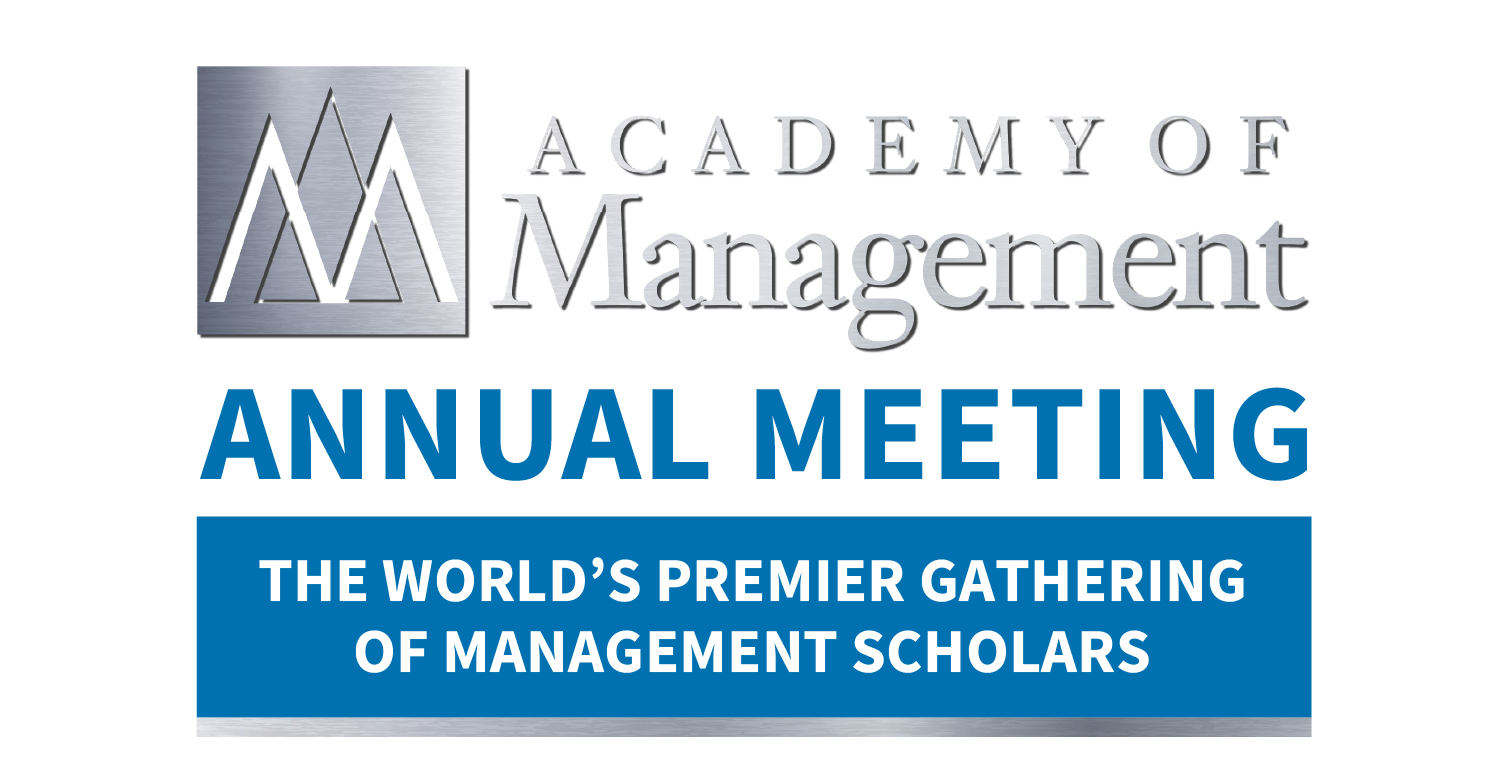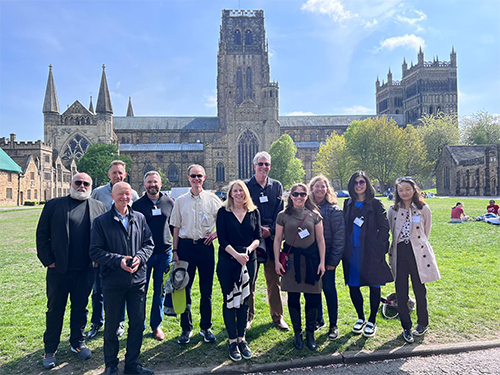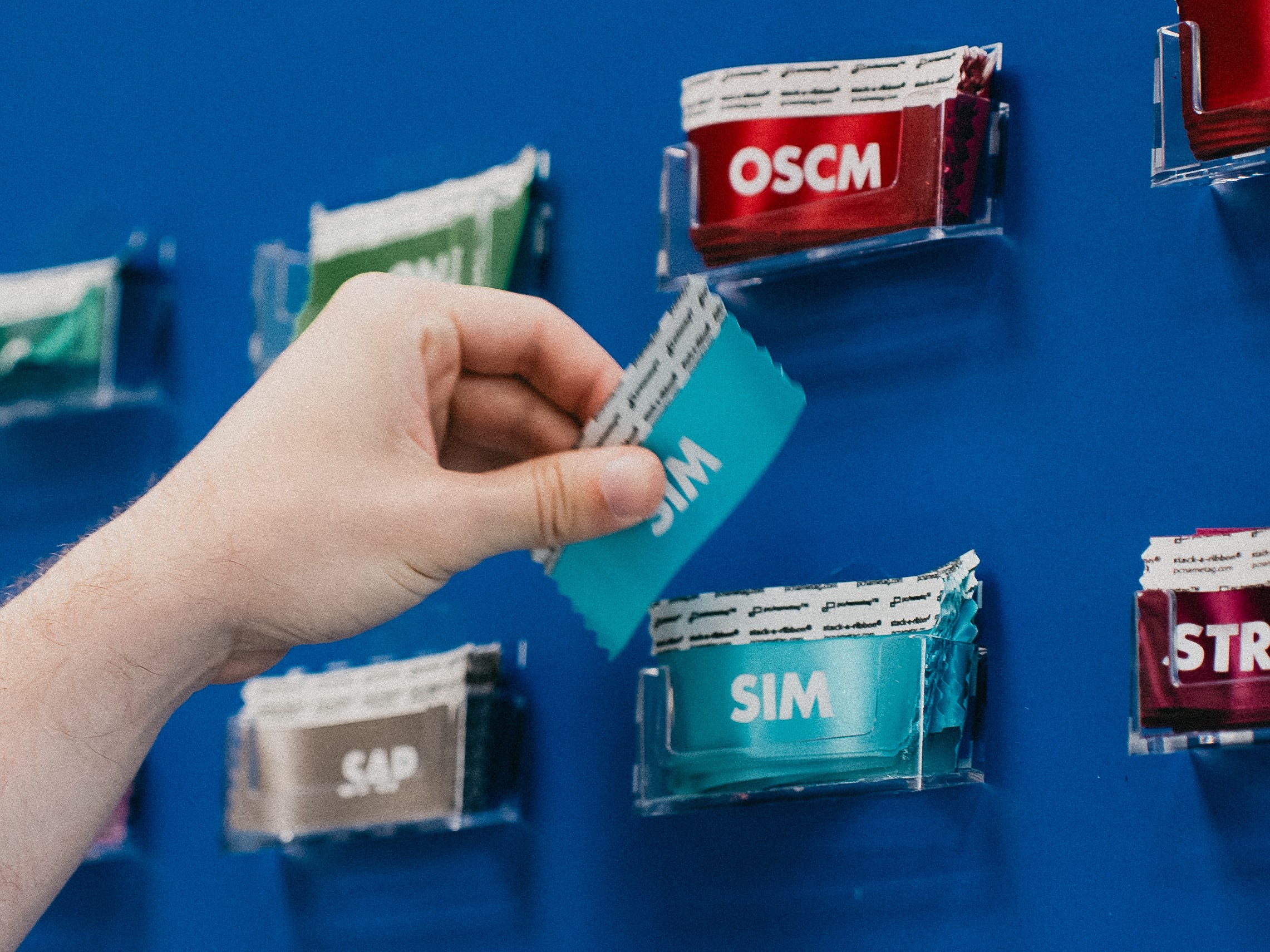This video has no sound.
AOM Events
You’re invited to the 86th Annual Meeting of the Academy of Management
31 July-4 August 2026 | Philadelphia, PA, USA
AOM offers a wide range of events throughout the year, around the world including the Annual Meeting—the world’s largest gathering of management scholars. In addition, members can connect through virtual and in-person opportunities, including Division and Interest Group (DIG) webinars and events, AOM Publications Paper Development Workshops (PDWs), and gatherings hosted by AOM’s affiliate groups.
Explore Upcoming AOM Events

AOM 2026
31 July – 4 August 2026

